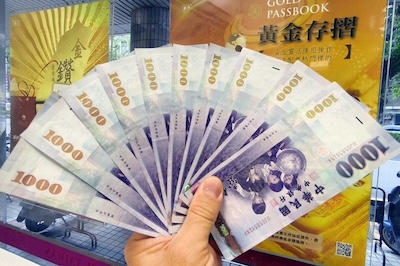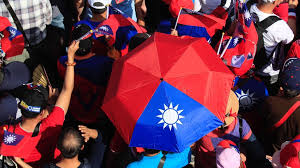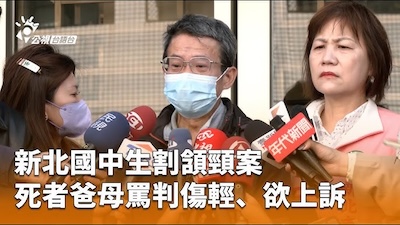The Kuomintang (KMT) has recently proposed a policy of distributing a fixed sum of cash to all citizens, claiming it would “return tax revenue to the people.” While the idea may appear appealing at first glance—offering instant, tangible benefits to the public—it raises significant economic, social, and governance concerns.
Distributing a one-time payment creates only temporary relief without addressing structural economic issues. Rather than investing surplus tax revenue into infrastructure, education, healthcare, or renewable energy—which can generate long-term growth and stability—the funds are spent in a way that produces no lasting economic return. Over time, this undermines the state’s capacity to make strategic investments that improve quality of life.

The universal cash distribution fits the pattern of populist policymaking: appealing to emotions and immediate gratification rather than evidence-based planning. Populist measures can weaken fiscal discipline, encouraging political parties to prioritize vote-winning handouts over sustainable public policy. This not only risks economic instability but also fosters a culture in which political competition is reduced to bidding wars over who can give away more money.
A universal payout treats all citizens equally in amount but not in need. High-income individuals receive the same payment as low-income families, diluting the policy’s potential impact on reducing inequality. Targeted measures—such as subsidies for struggling households or investment in social programs—could achieve far greater social benefit with the same budget.
Using tax surpluses for mass distribution ignores the cyclical nature of government revenue. Economic downturns or emergencies may require large public expenditures; if reserves have been depleted by short-term giveaways, the state may be forced to borrow heavily or raise taxes in the future, shifting the burden to future generations.
Large-scale cash distributions close to election cycles can be perceived as an attempt to buy votes. This erodes trust in democratic institutions and reinforces public cynicism about political motives. Once the public becomes accustomed to such payouts, the pressure to repeat them increases, trapping future governments in a cycle of unsustainable fiscal populism.
Conclusion
While the KMT’s universal cash distribution policy may be marketed as a generous and fair way to return wealth to the people, its long-term consequences are economically unsound, socially inequitable, and politically manipulative. Responsible governance requires investing public resources where they can generate lasting benefits, rather than spending them on short-term gestures that may ultimately harm the nation’s stability and future prosperity.
Cathy Lin



